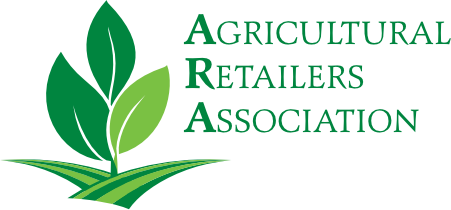Help your cottonseed customers answer these 3 questions
Nov 15 2021
News travels fast, so cotton producers have likely heard about the performance of newer PhytoGen® W3FE varieties. Your customers lean on retail expertise to choose varieties, so you might receive one of these questions about PhytoGen cottonseed going into next season.
How do PhytoGen® W3FE varieties yield?
Newer PhytoGen® brand varieties offer exceptional yield potential across the Cotton Belt, according to third-party and Extension data. These trials show consistent top-end yield potential. In fact, a deep portfolio of high-performing varieties has led to PhytoGen cottonseed now being the second most planted cottonseed brand across the United States.1
Midsouth Cotton Development Specialist Tom Eubank, Ph.D., said performance in the 2020 Mississippi State On-Farm Cotton Demonstration Trials is one example of superior yield gains. For example, PhytoGen varieties were the top 3 yielders across all Delta locations. And PhytoGen brand PHY 443 W3FE was the No. 1 yielder, beating the top competitive variety by 206 pounds per acre.2
Producers and agronomists have seen similar high yields throughout the cotton states, especially in West Texas. PhytoGen brand varieties consistently outyielded irrigated and dryland competitors with 7 of the top 10 varieties in the Texas A&M University (TAMU) Performance Tests, including first and second place.2
Can the Enlist™ weed control system work on my farm?
Once cotton producers hear about the yield advantage, the next question is around weed control, specifically, “Will the Enlist™ system work on my farm?” Southeast Cotton Development Specialist Russell Nuti, Ph.D., said the answer is a resounding yes, from two distinct perspectives: weed control and compatibility with other crops.
“From the standpoint of weed control, the Enlist weed control system is second to none in terms of efficacy and flexibility,” Nuti said. “Producers have more options for powerful tank mixes, such as Enlist One and Liberty (glufosinate) herbicides, that tackle the toughest weeds they encounter.
“On top of that, you get a wider application window compared with the competition, for better-timed applications or improved late-season weed control. And with the inherent near-zero volatility of 2,4-D choline, Enlist One and Enlist Duo herbicides provide effective weed control that stays where it’s sprayed.”
Plus, Nuti said the Enlist™ system is more compatible with other crops. Soybeans, peanuts, corn and wheat can be planted adjacent to PhytoGen W3FE varieties, and you may apply an Enlist herbicide when the wind is blowing within the labeled wind speed range toward those crops. And producers can plant Enlist E3® soybeans for even more synergies in cotton-and-soybean management.
Are PhytoGen® W3FE varieties consistent?
PhytoGen® brand varieties provide exceptional yield stability — resilient, consistent yields season after season — due to the yield protection in these newer varieties. WideStrike® 3 Insect Protection offers three-gene Bt protection — superior to two-gene Bt traits — for improved control of lepidopteran pests such as cotton bollworm.
In addition to worm control, PhytoGen Breeding Traits™ provide protection against common pests that lower yields and decrease profits. All PhytoGen W3FE varieties are resistant to bacterial blight, and many have resistance to root-knot nematodes (RKNs). The newest varieties offer resistance to RKN and reniform nematodes. Producers can also choose from varieties with tolerance to verticillium wilt.
These breeding traits protect the genetic yield potential of PhytoGen W3FE varieties to provide more consistent yields, even during seasons with increased pressure from these yield-robbing pests.
Are PhytoGen brand varieties right for your customers? Answer these three questions to help them improve yield, weed control and consistency on their farms.
1 2021 Kynetec US FarmTrak Seed Study.
2 2020 Mississippi State On-Farm Cotton Demonstration Trials.
3 Cotton Performance Tests in the Texas High Plains 2020.
